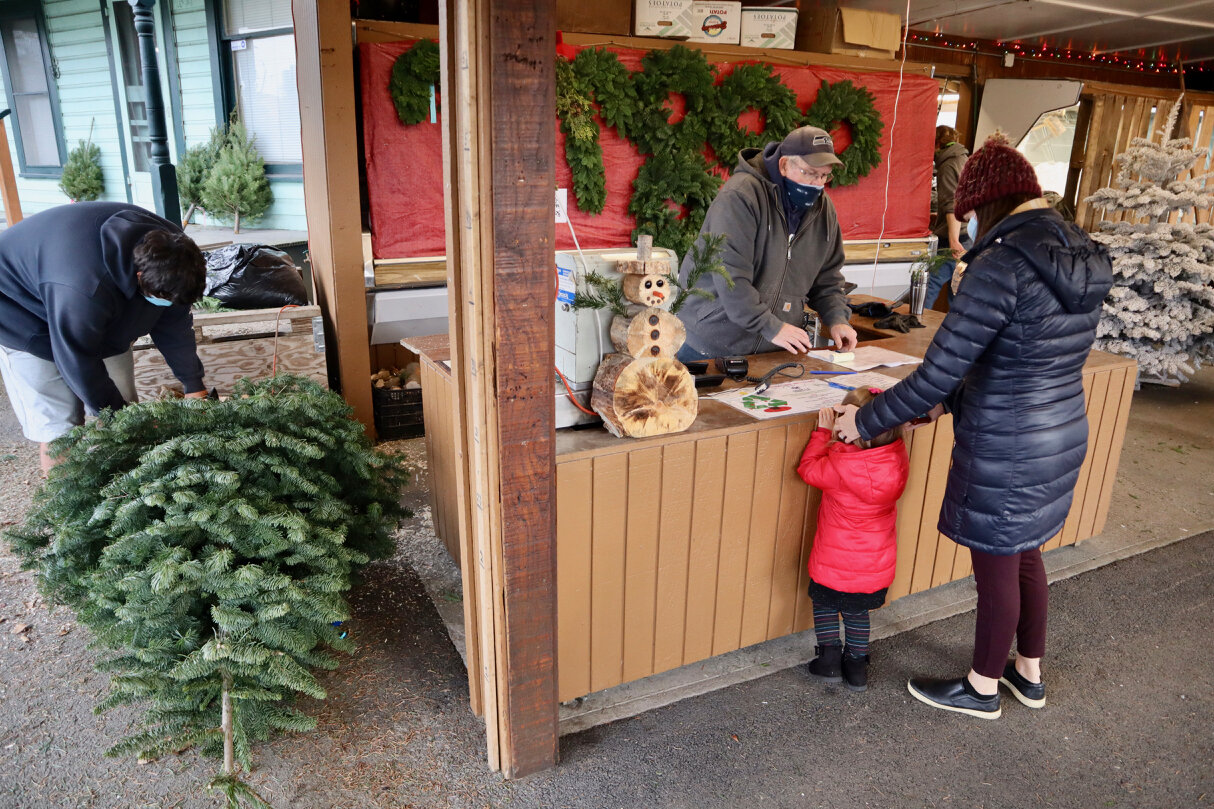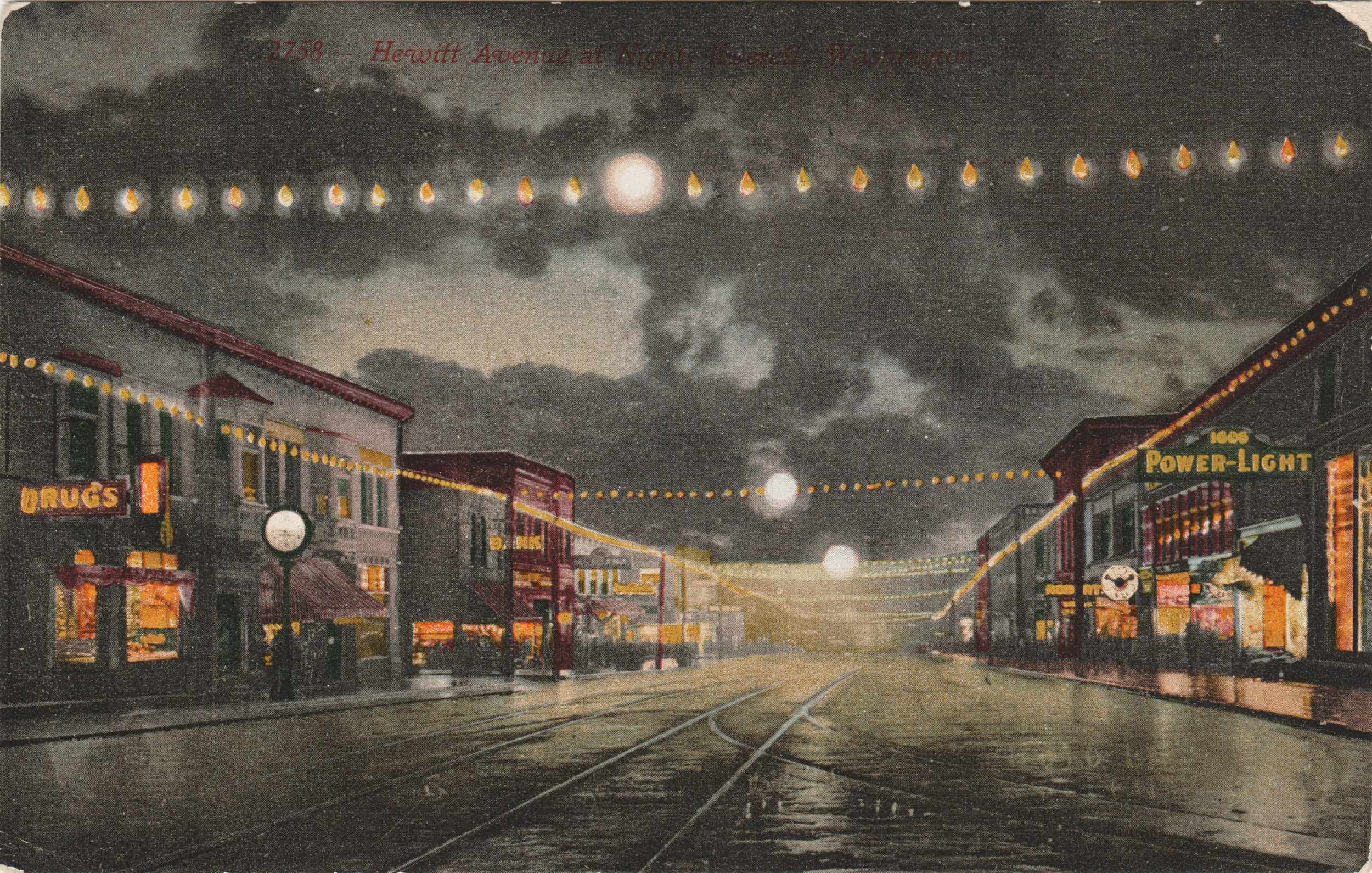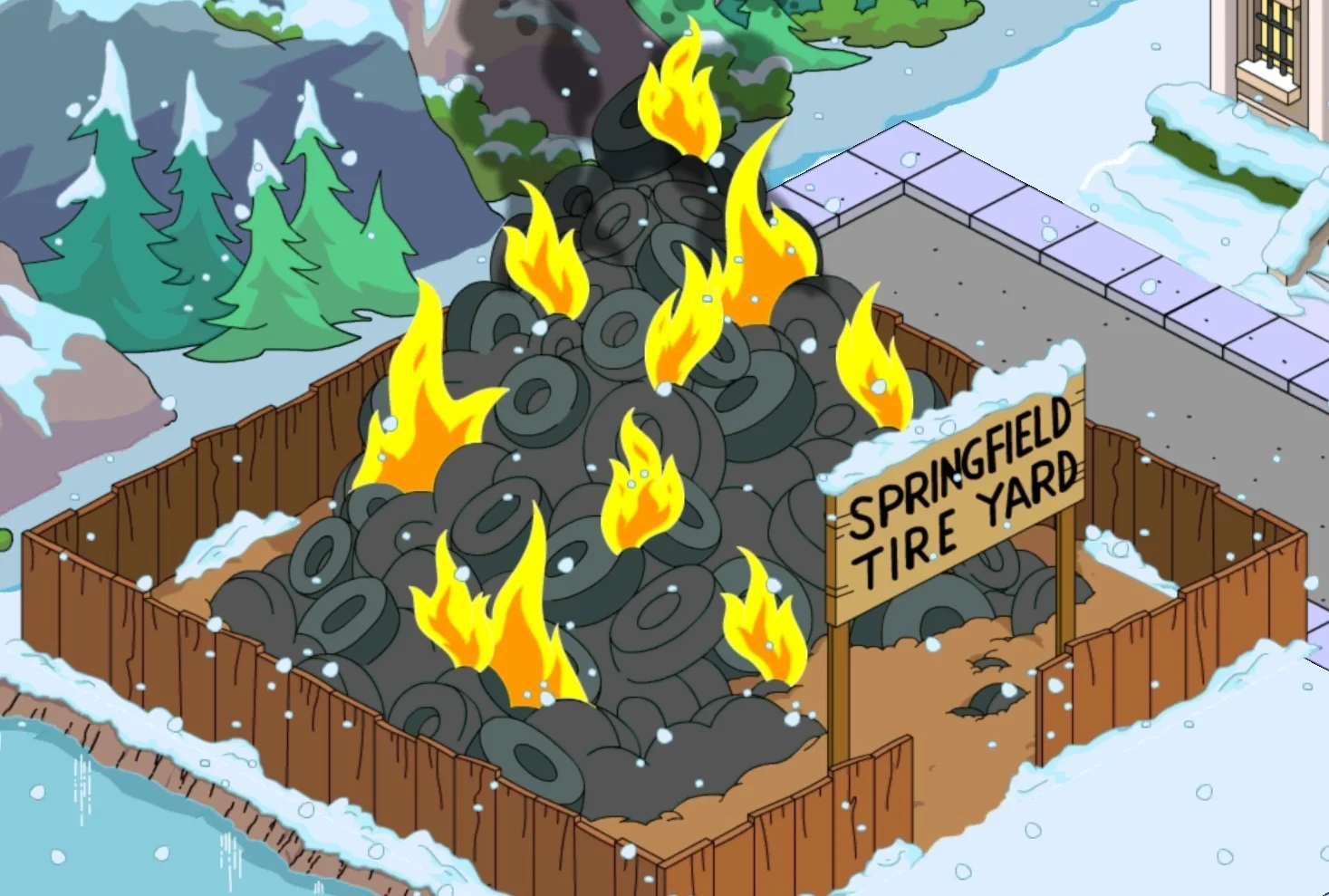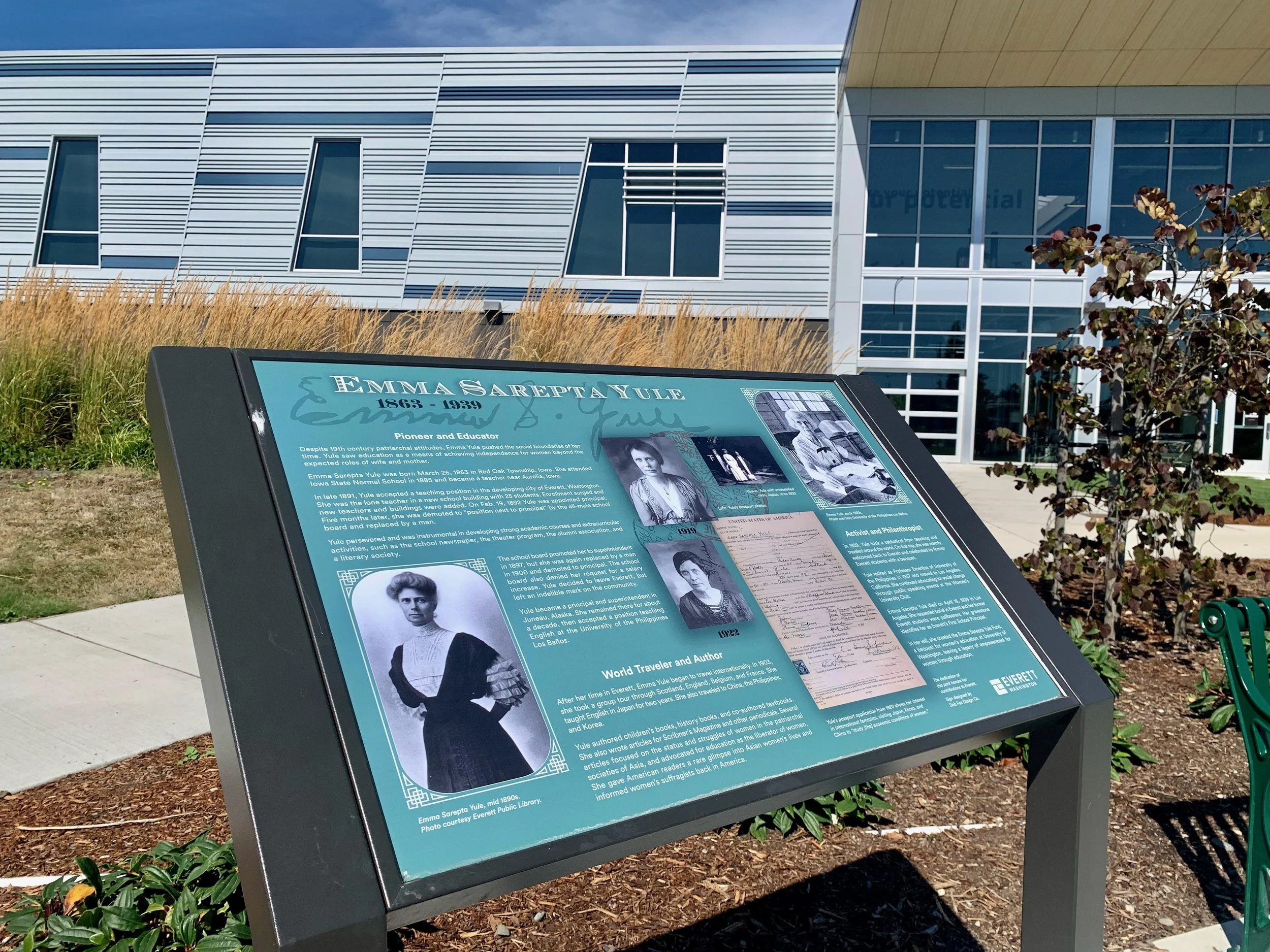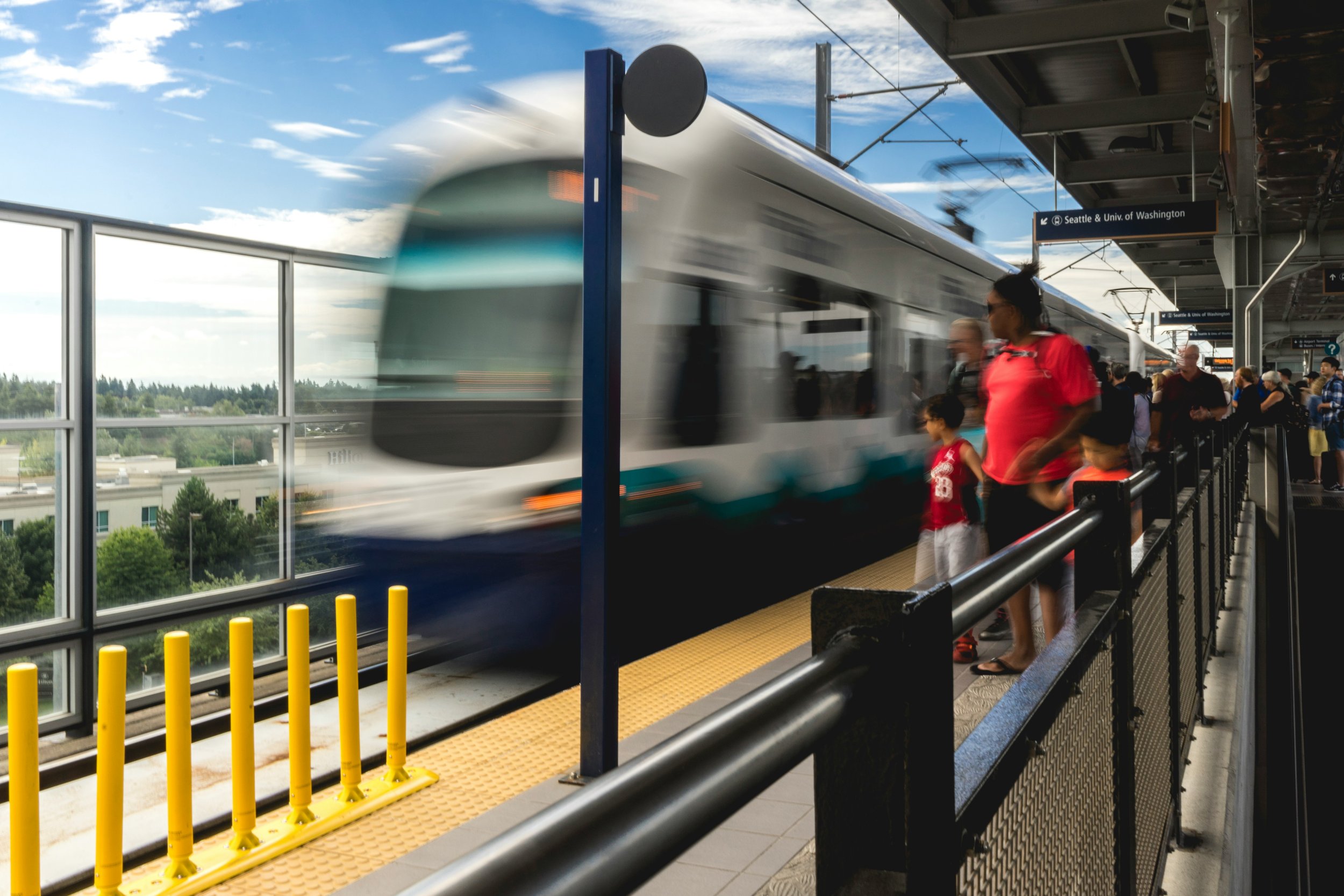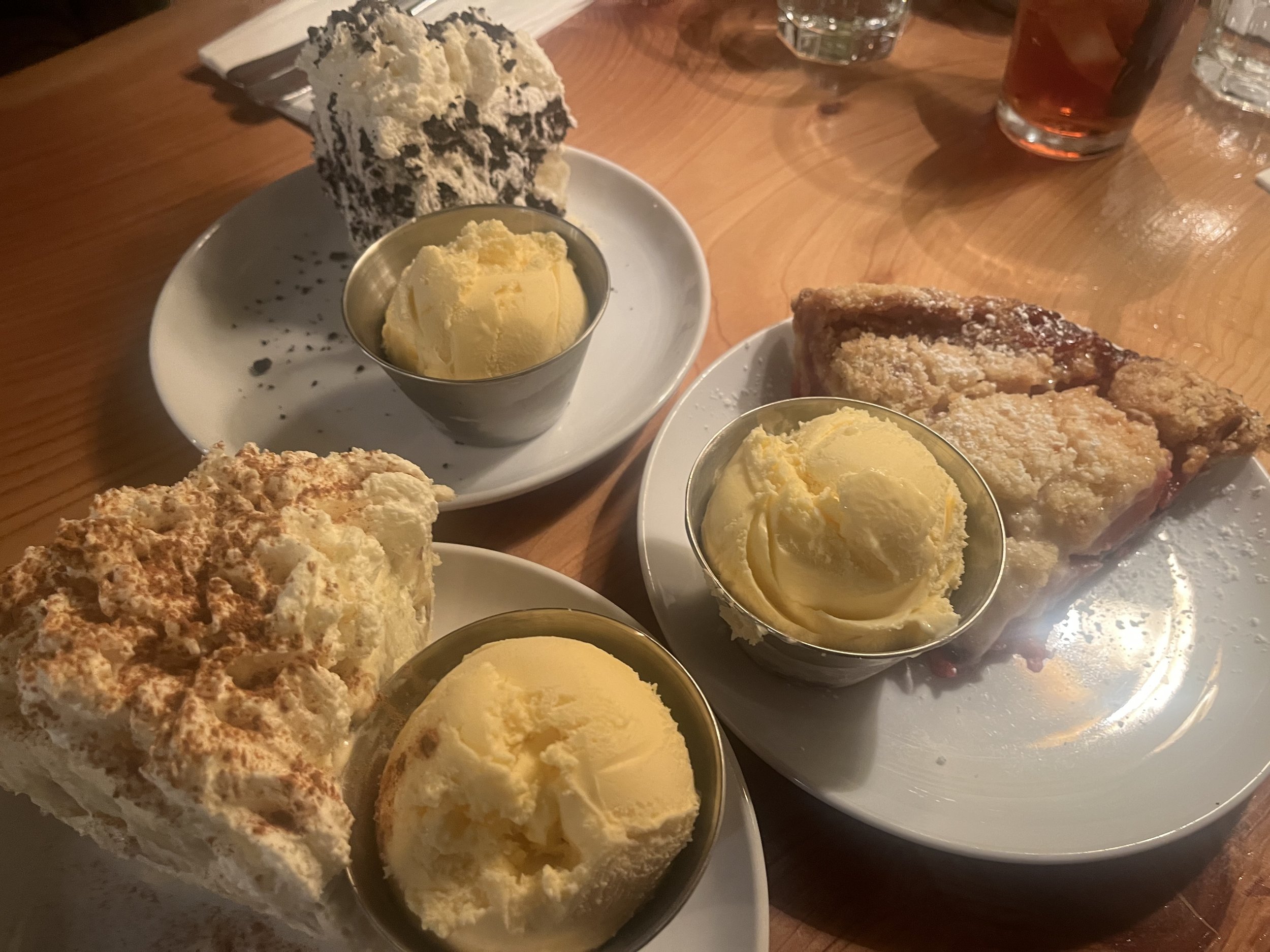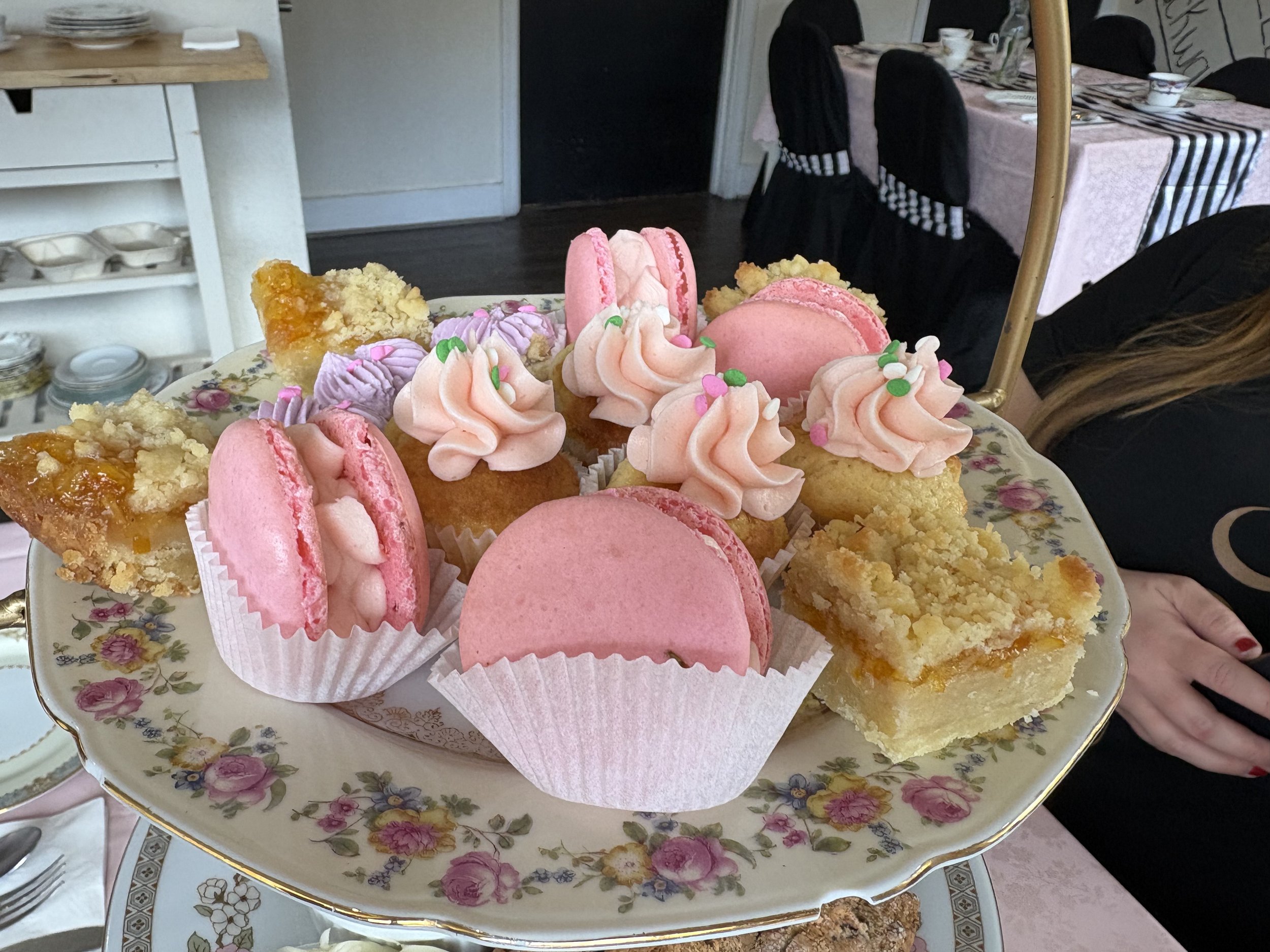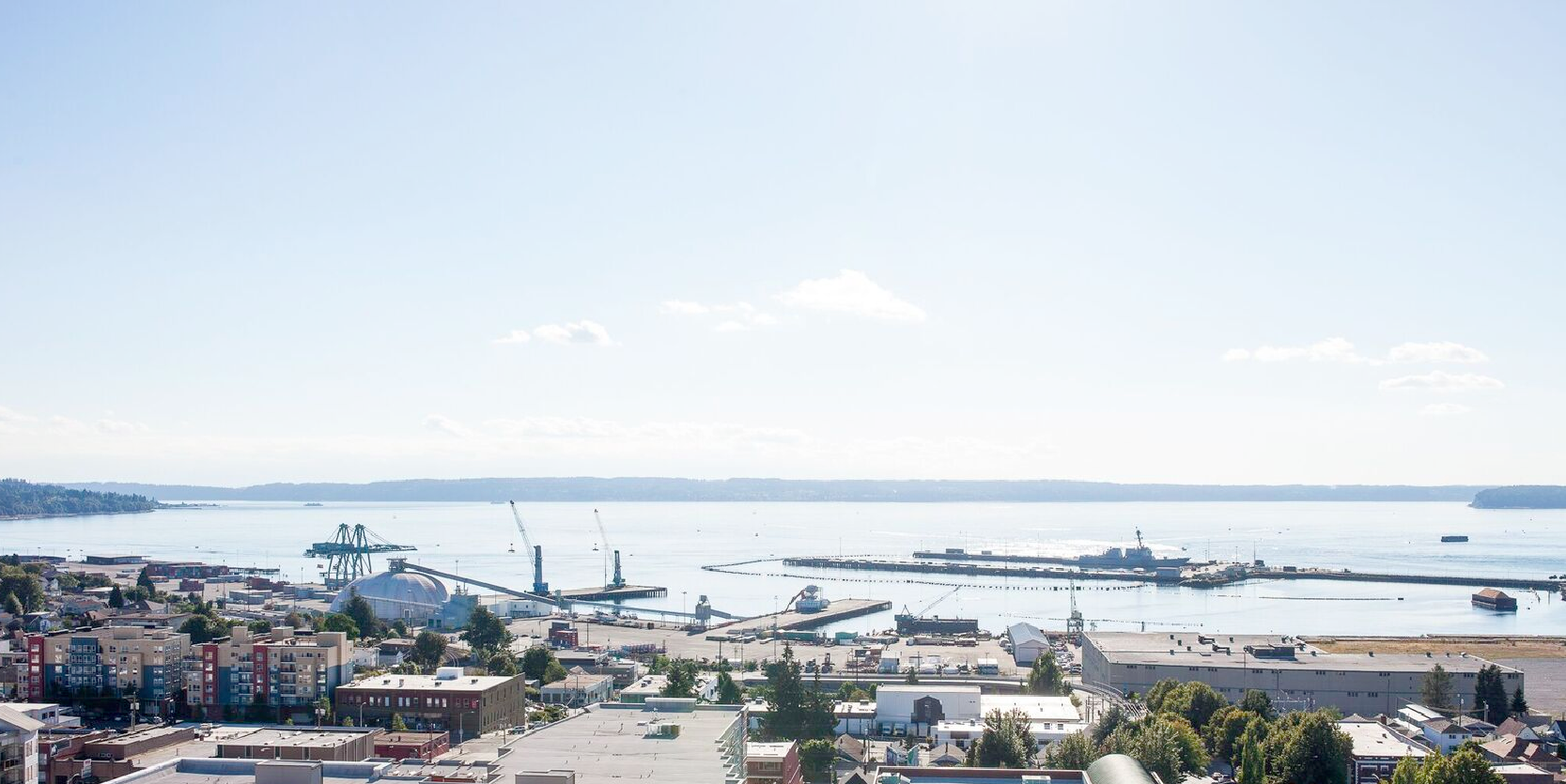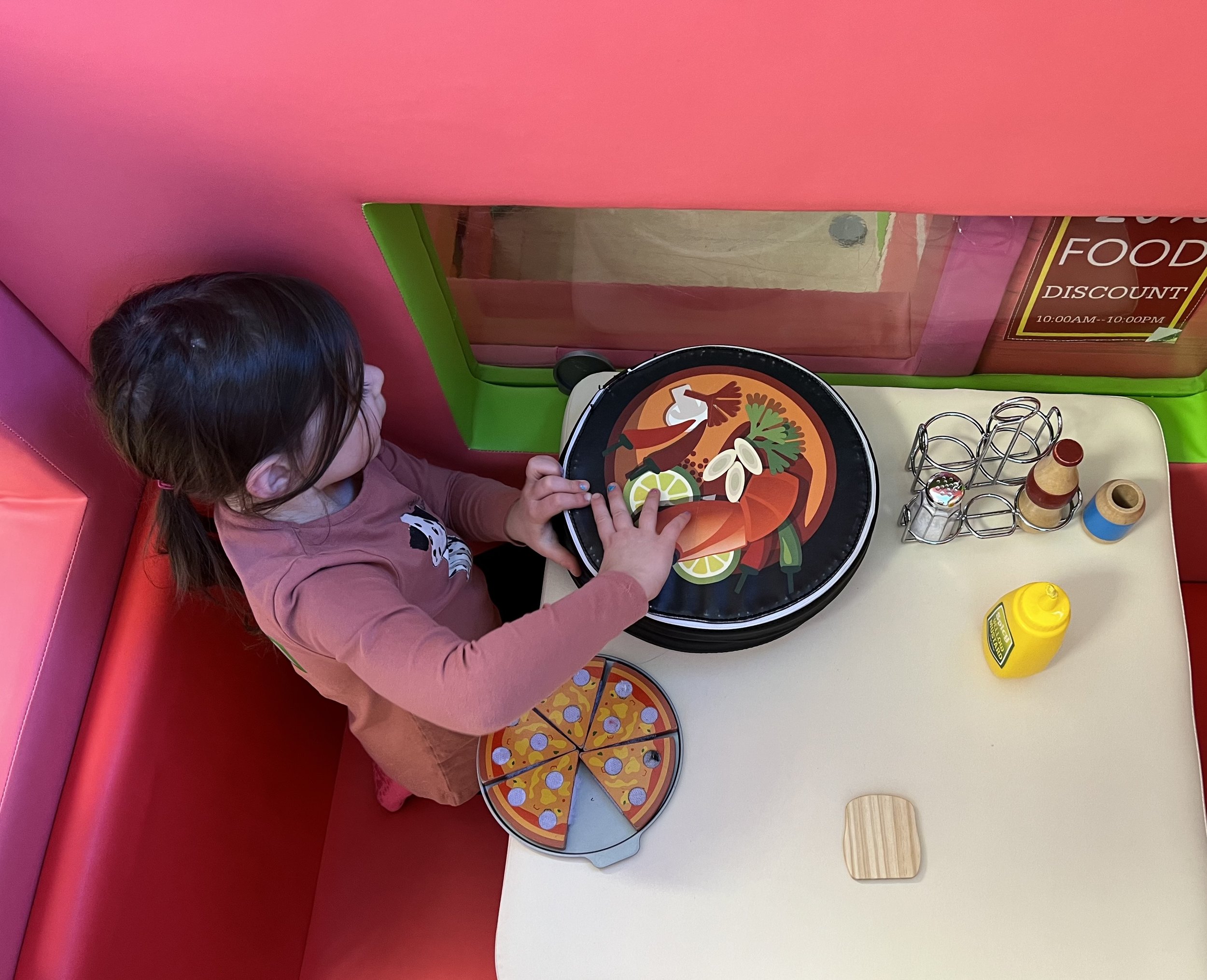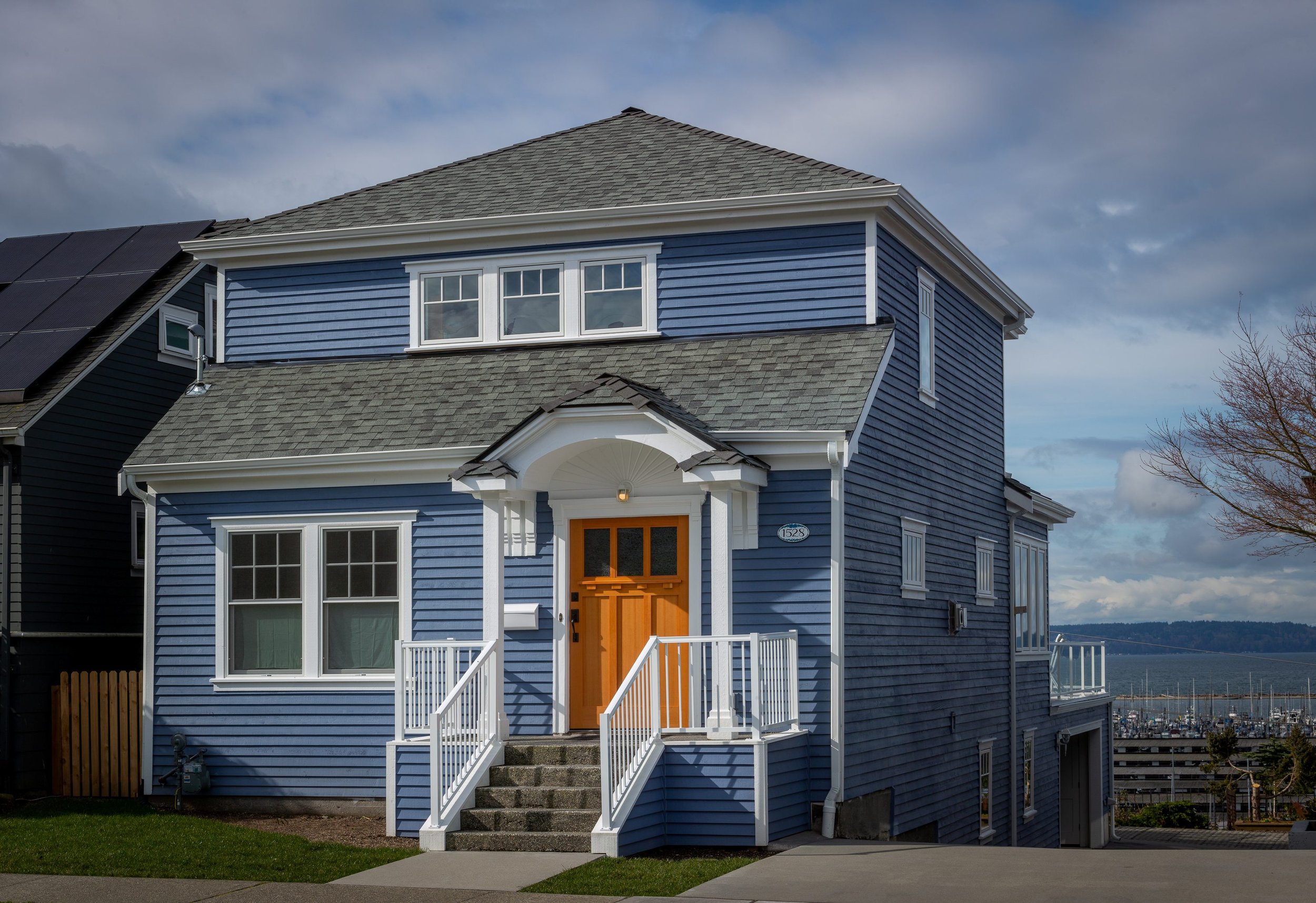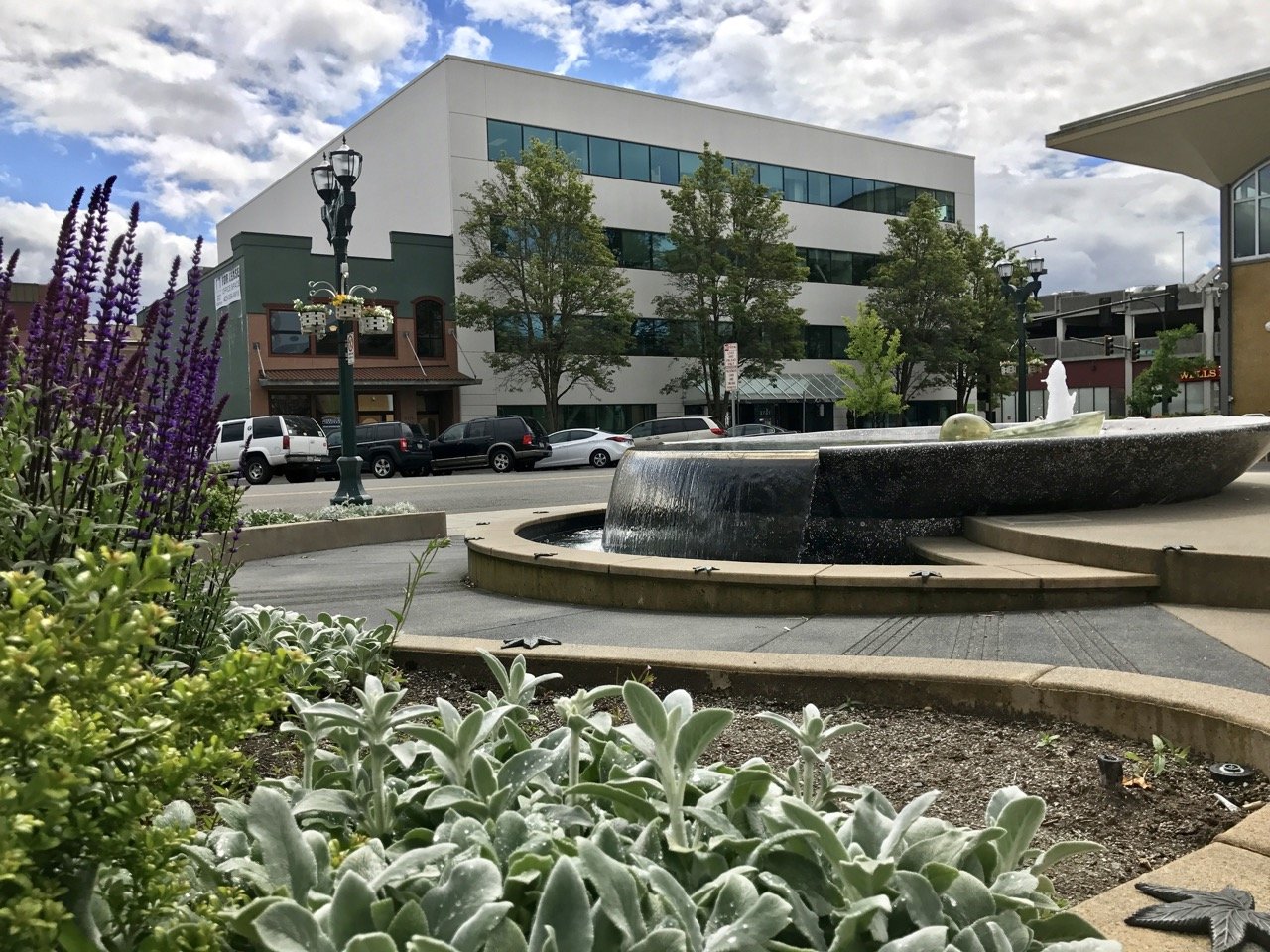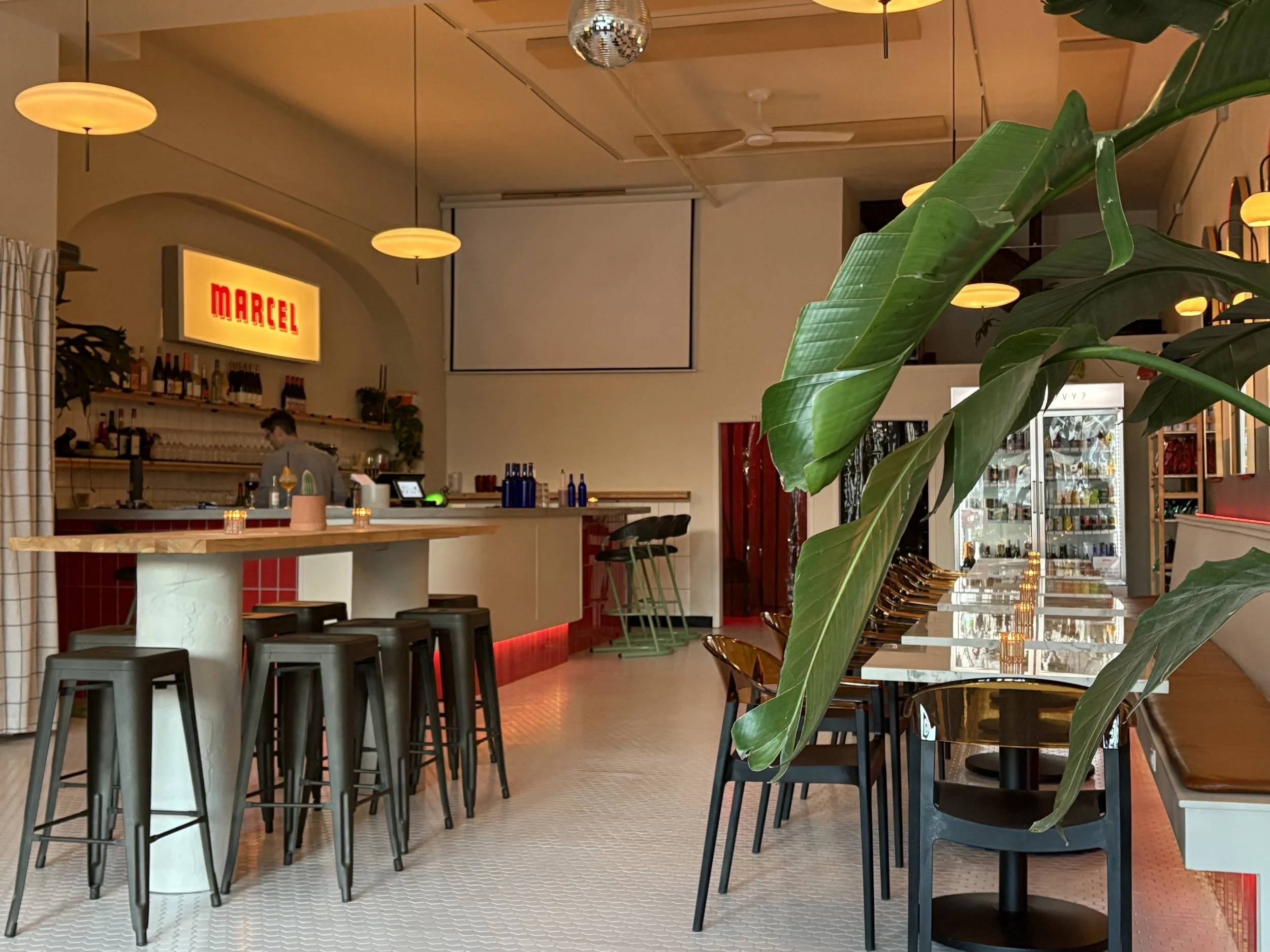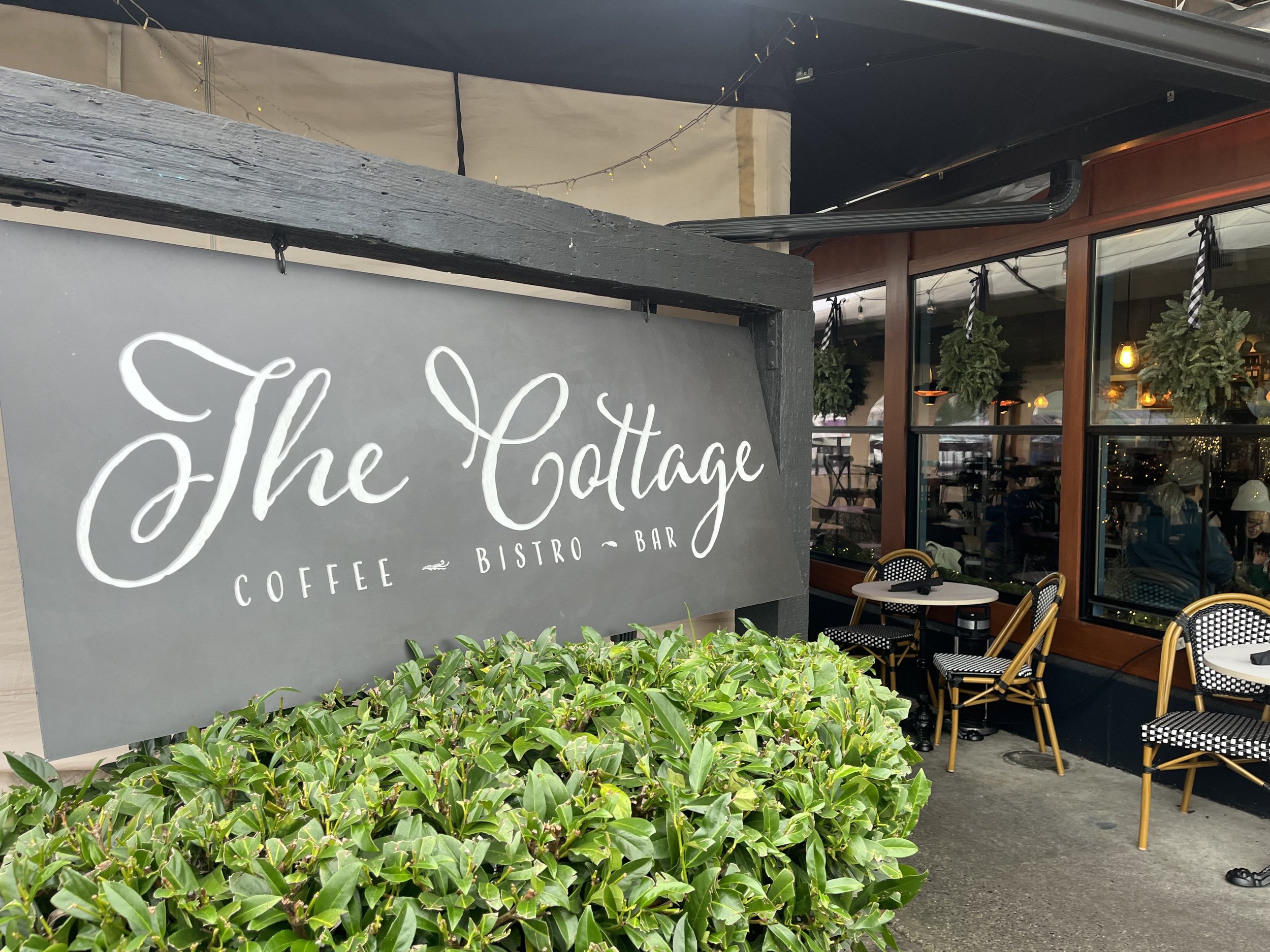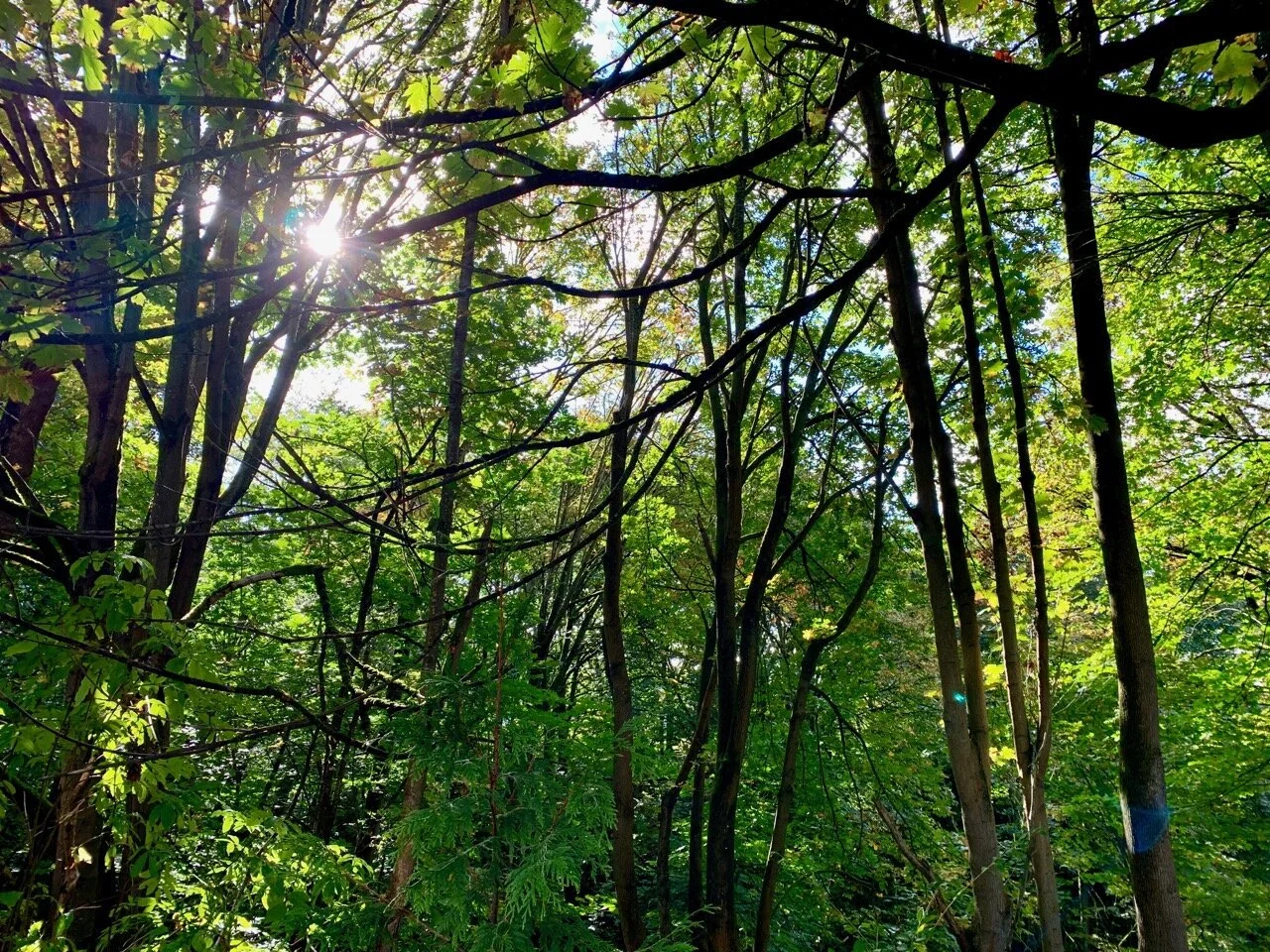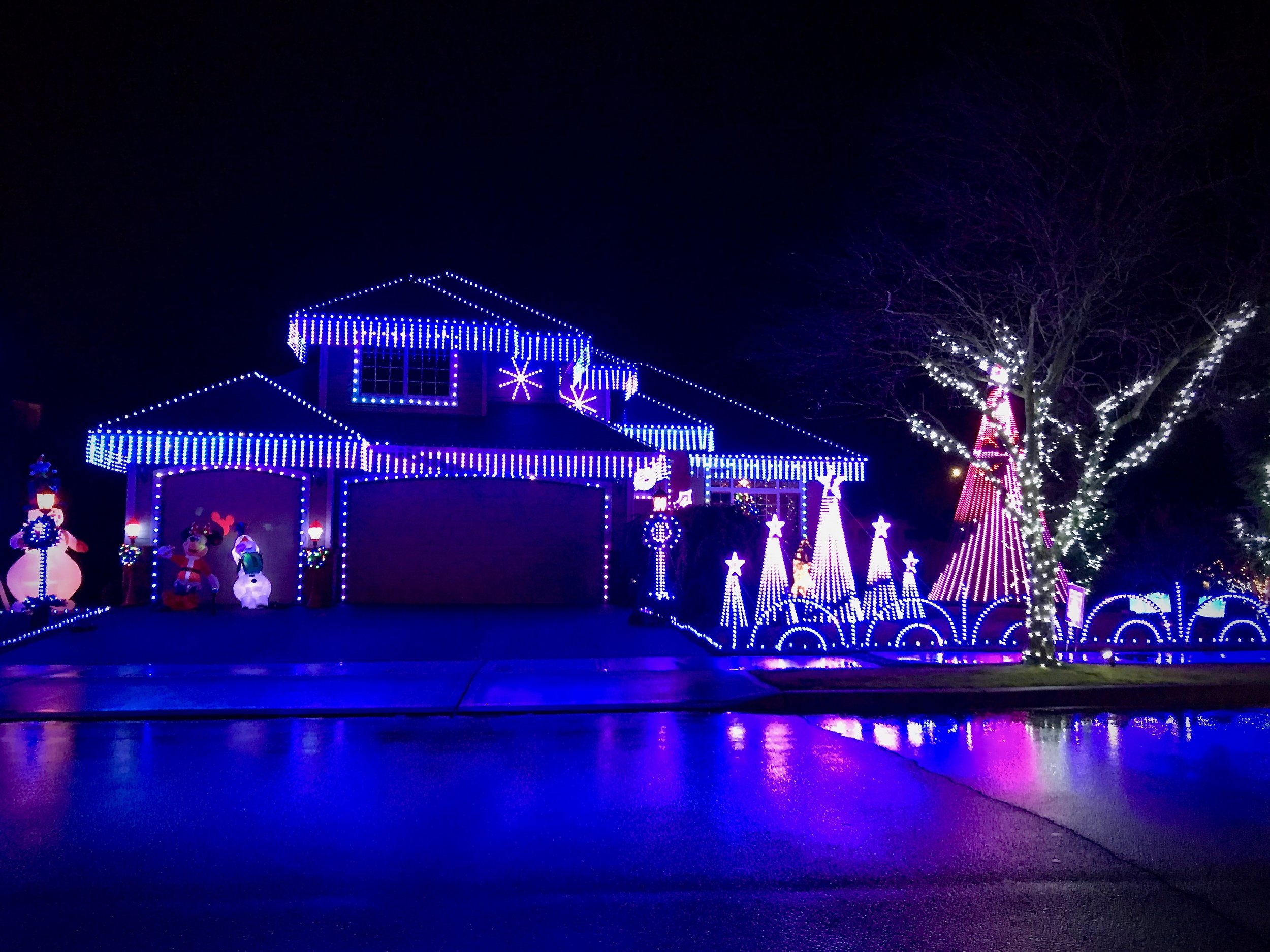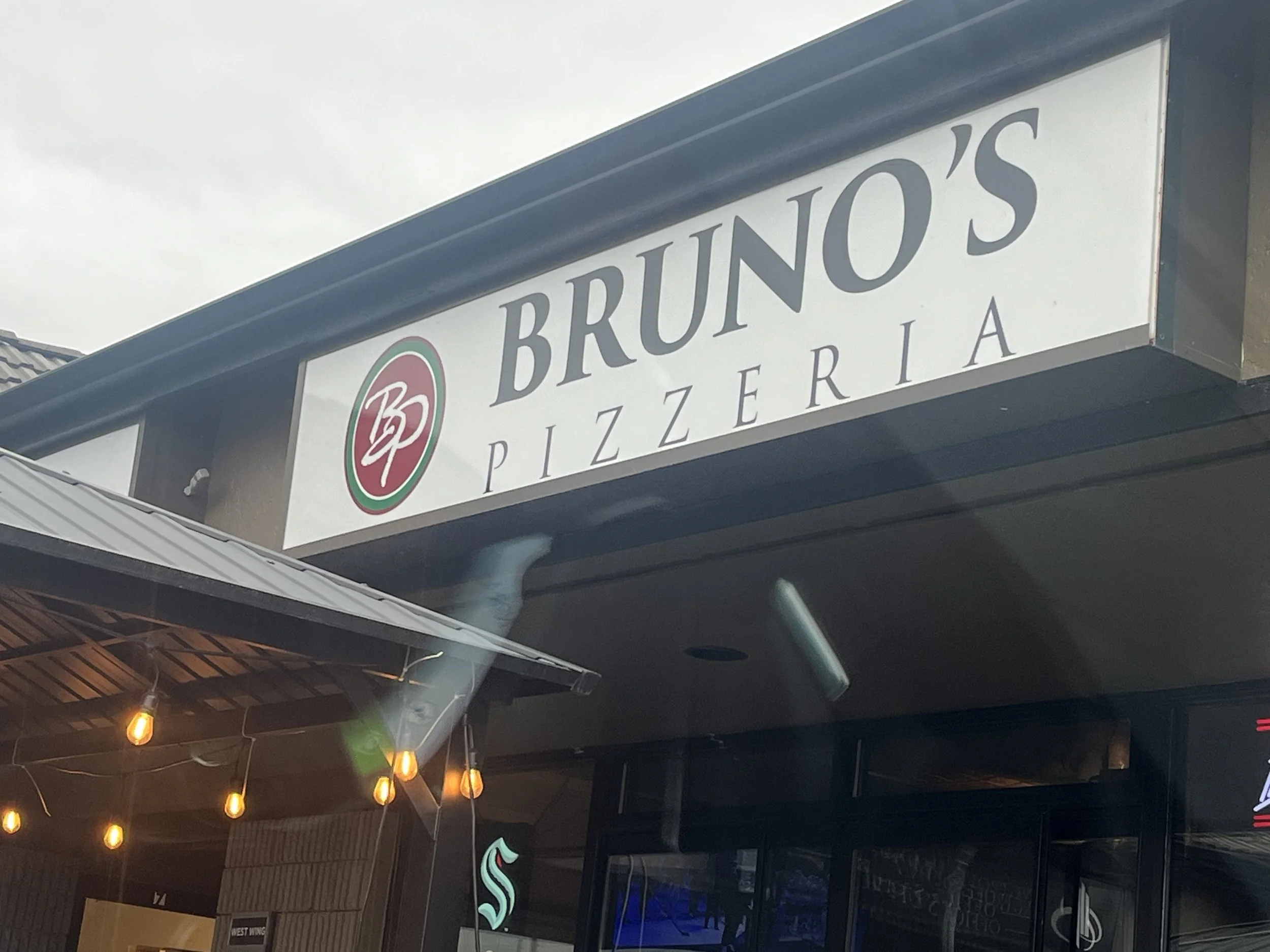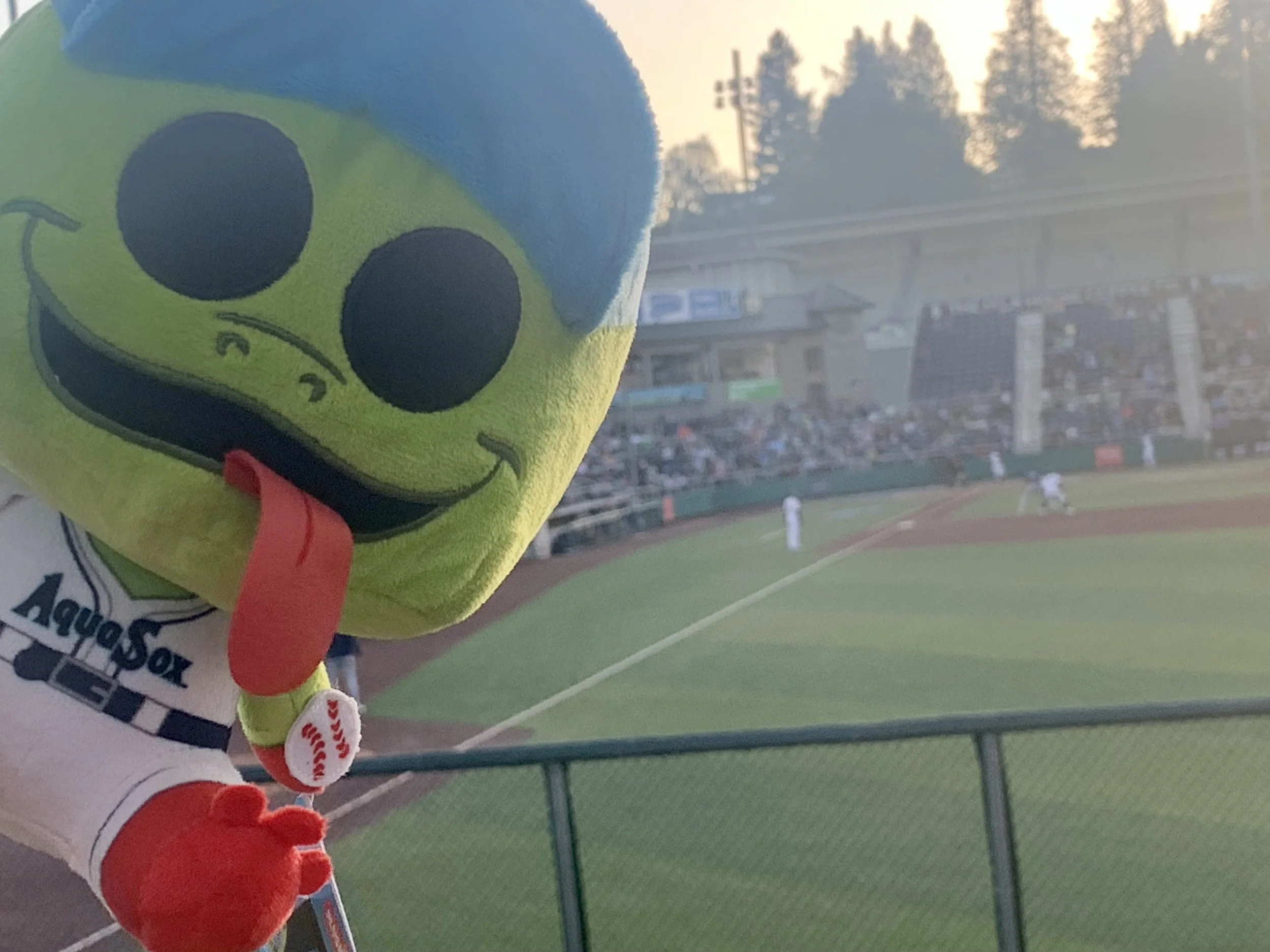Editor’s note: Originally published November 17, 2017.
“Progressive” is not a word I associate with most social institutions in the early 1900s.
So I was surprised when I read that almost half the charter members of the Seattle-based Mountaineers climbing club were women. This was 110 years ago, in an era before women could vote.
The more I read the more I saw how women were an integral part of the Mountaineers from the get-go. Indeed, women flocked to the Everett branch of the Mountaineers from its inception.
Why did this happen?

Peggy Stark and Marge Mueller at White Rock Lakes. The lakes are northeast of Darrington in the Wenatchee National Forest near Glacier Peak. It's likely these women were members of the Everett chapter of the Mountaineers. Source: the Mountaineers.
According to Christy Avery, a historian with the National Park Service, the PNW was a progressive place even a hundred years ago. Most of the early women Mountaineers were educated, professional, and middle-class. They worked outside the home as librarians, nurses, and clerks.
In the early 20th Century women were starting to value physical activity as recreation. Often that meant bicycling and tennis. But in the Northwest physical activity also entailed trekking across glaciers, hiking up ridges, and scaling cliffs. All of this side by side with men.
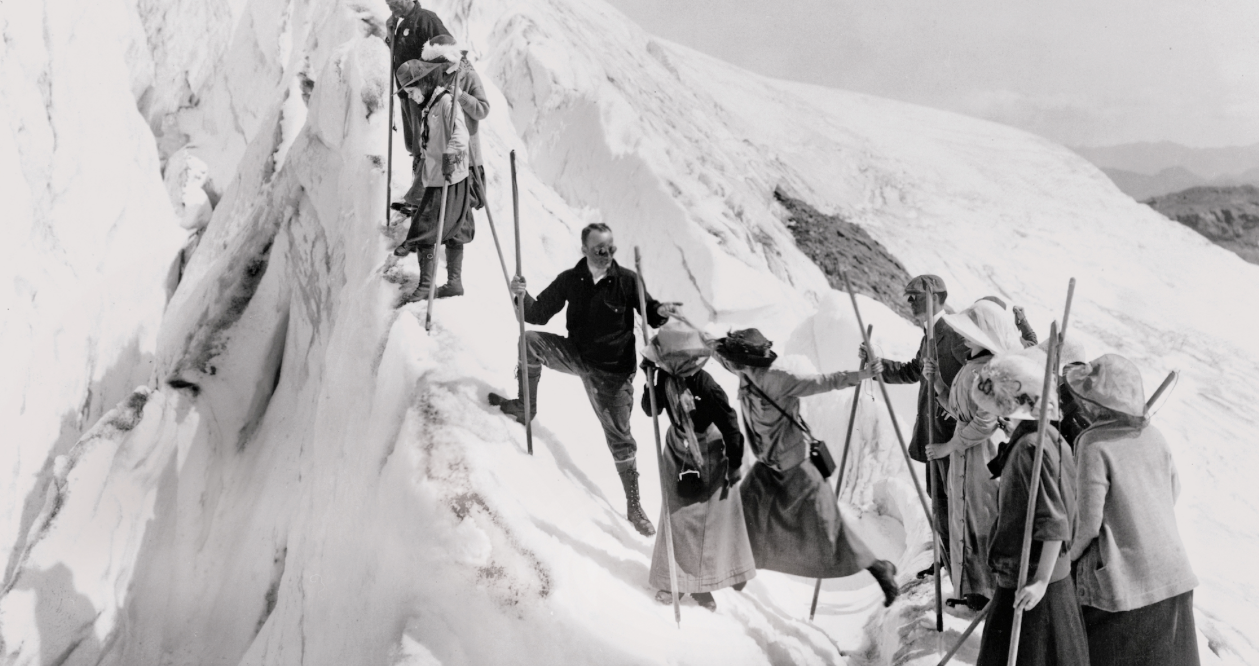
Women and men scaling Mt. Rainier together, 1909. Source: UW archives.
Hiking became very popular in the 1900s as people began to see the value of the outdoors for celebration and conservation (as opposed to, say, seeing nature as a bunch of resources to be strip-mined).*
The Everett chapter of the Mountaineers was founded in 1911. Before the Everett chapter there were no “branches” of the Mountaineers. Forty people in Everett really wanted to start a chapter. With typical mill town moxie they lobbied Seattle until they got their way. The Mountaineers changed their bylaws to let Everett join.
By 1912 the Everett Mountaineers sponsored local hikes, three-day outings to Mt. Index and Whitehorse Mountain, and stereopticon lectures open to the public. These talks drew hundreds of people. The Everett chapter led excursions to rural-at-the-time areas like Silver Lake, Forest Park, and North Creek.
Joan Astell, early member of the Everett Mountaineers, said in 1956, “A typical early trip would find the lady Mountaineer dressed in ankle-length skirts, long-sleeved blouses, a stylish bonnet and oxfords. She would probably be carrying her lunch tied in a red handkerchief as she boarded the boat for Mukilteo and then walked back to Everett, stopping en route to make coffee and roast wieners.”
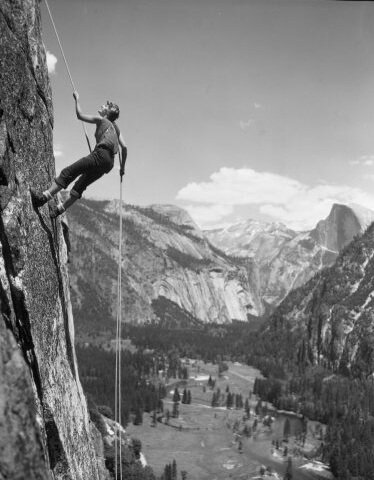
Nancy Bickford Miller climbing in Yosemite in 1955. She was a Mountaineer for 64 years until her death.Source: UW archives.
These pioneering women set an inspiring example by doing their thing, damn the social context.
Among the early Mountaineers was the first Seattle woman mayor, Bertha Knight Landes.
Another early Mountaineer was a teacher, Lydia Lovering, who in 1909 left a pennant in the crater of Mt. Rainer that said “Votes for Women.”
Very good.
*The Mountaineers are partially credited with helping to establish many of the cultural values we now take for granted in the Gore-tex and REI Pacific Northwest. They were keenly interested in the values of preserving and respecting nature, experiencing it firsthand.

Richard Porter is a writer for Live in Everett.
